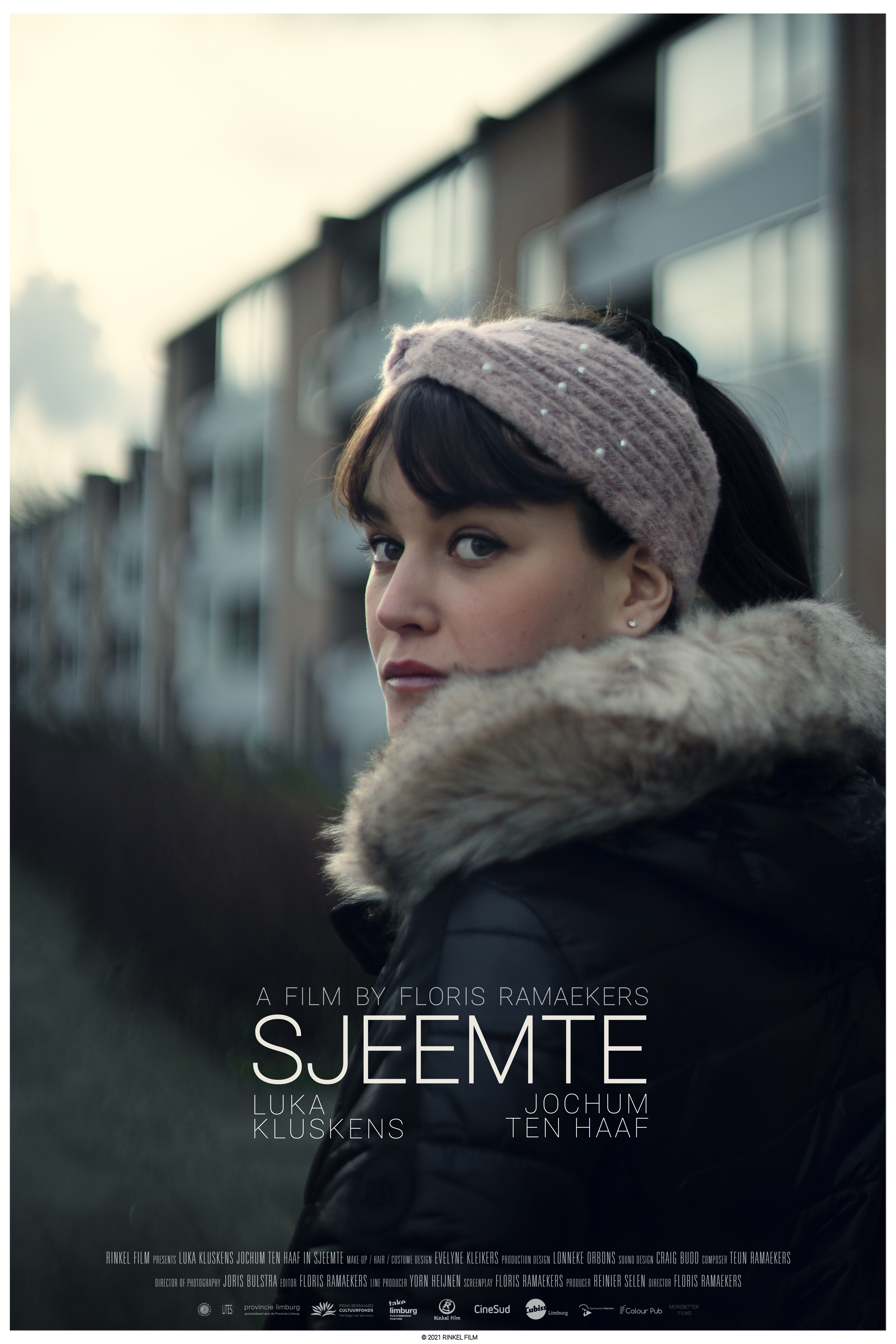Research Line sessions
15:00 - 16:00 CEST
Note: Expand your horizon and visit a session of another Research Line!
Ageing and Long-Term Care (ALTC)
Workshop: Co-creating with caregivers, educators and older people in research: a DEDICATED example from the Living Lab in Ageing and Long-Term Care
In this workshop we will use the DEDICATED research project as part of the Living Lab in Ageing and Long-Term Care to give you examples how to co-create research with practice partners as elderly and nurses and educators (mbo/hbo) in every step of the way. So from formulating relevant research questions to making a research proposal for funding, to collecting and interpretation of data and in building, evaluating and implementing an intervention. It is this partnership that is essential to building interventions that fit to practice and education and will sustain after the intervention period.
Workshop leader:
Judith Meijers, assistent professor Health Services Research and senior policy advisor Zuyderland
Creating Value-Based Healthcare (VHC)
Creating value for Everyone – a skills building workshop.
The session aims to expose participants to a (selection of) tool(s) aimed at ensuring an inclusion of diverging preferences in the organisation and provision of healthcare interventions. Participants are invite to share own prior experience and to plan ahead practically how an inclusive approach could be integrated in a next potential research project.
Workshop leader:
Timo Clemens, assistent professor Dept. of International Health
Aggie Paulus, prof. of Economics of Education and Healthcare, Dept. of Health Services Research
Milena Pavlova, prof. of Health Economics and Equity, Dept. of health Services Research
Functioning, Participation and Rehabilitation (FPR)
Transformation towards Personalized Health Care and the use of data-visualization, ICF and Mixed Methods research.
We will present a new data-visualization tool, designed to intuitively guide clinical reasoning and shared decision making towards Personalized Health Care (=personalized, preventive, predictive and participative care with a positive approach of health). This 360⁰CHILD-profile visualizes holistic health data in one image. The ordering of electronic health data is based on the ICF to show the coherence between health domains. During the workshop, you will experience working with this visualization tool as we will map and discuss a child’s health situation together using the profile. You will learn about how participatory Mixed Methods research was used to design, develop, validate and evaluate this tool within real-life practice.
Workshopsleaders:
Miriam Weijers, PHD candidate Dept. of Social Medicine
Carolien Bastiaenen, Associate Professor Epidemiology
Rob de Bie, Professor of Physiotherapy Research
Kay Schröder, Professor of Data visualization, University of Applied Sciences Zuyd
Health Inequities and Societal Participation (HISP)
Health at the workplace for and with everyone.
Organizations are promoting various initiatives to improve the health and vitality of employees, especially of employees with a low SES. Many initiatives do not generate the intended effect, because employees barely use them. In this workshop we will illustrate how to establish successful collaboration with employees. You will learn more about ethnographic-participatory research and dialogue based HR, how these approaches help to include all employees in your research and the challenges that are encountered in research and practice.
Workshop leaders:
Dorit Biermann-Teuscher, researcher Dept. of Health, Ethics and Society
Inge Houkes, associate professor Dept. of Social Medicine
Agnes Meershoek, associate professor Dept. of Health, Ethics and Society
Emmelie Hazelzet, PhD candidate
Optimising Patient Care (OPC)
How to include all relevant persons in your study? What can you do at different steps of the research process?
It can be challenging reach the relevant target groups when including participants for your study. And how do you increase inclusivity? We talk about this topic using real-world examples from a study involving smokers with a lower socio-economic position and a large birth cohort study. Looking back, we share our mistakes and together we discuss what we can do to increase inclusivity in our research.
Workshop leaders:
Mark Spigt, associate professor Dept. of Family Medicine and chair OPC
Floor van den Brand, researcher Dept. of Family Medicine
Monique Mommers, assistant professor Dept. of Epidemiology
Promoting Health and Personalised Care (PHPC)
Hoe herken en bereik je mensen met laaggeletterdheid? (workshop in Dutch)
In allerlei onderzoek binnen de Research Line PHPC besteden we aandacht aan participatie van mensen met laaggeletterdheid en/of lage gezondheidsvaardigheden. In de workshop, aangeboden door medewerkers van de organisatie Cubiss, krijg je meer kennis en inzicht over laaggeletterdheid. Wat betekent het voor mensen om laaggeletterd te zijn en hoe herkennen we dit in de praktijk? Wat is er allemaal beschikbaar om deze doelgroep te bereiken met interventies ten behoeve van preventie, zorg en onderzoek?

Filmmaker: Floris Ramaekers
Producent: Rinkel films
Hoofdrolspelers: Luka Kluskens en Jochum Ten Haaf
Duur: 13 minuten
Workshopleiders:
Ivette Sprooten, projectleider participatie en zelfredzaamheid, Cubiss
Dionne Klein, projectleider digitale inclusie en digitaal burgerschap, Cubiss
Website: www.cubiss.nl/limburg
Extra workshop (also suitable for support staff)
Diversity on the workfloor (max. 40 participants)
Diverse groups perform better. Diverse groups are better at problem-solving. Diverse groups can think out of the box. Research has shown that all this is true.
That being said, diversity is also work. It is not only work to attain a diverse group. It is essential to mobilize differences in order to capitalize from the diversity in knowledge, experiences and viewpoints. And that means learning to work together not despite differences in gender, ethnicity, ability, religion, sexuality, personality, etc. but because of these differences. And that means having uncomfortable conversations, making yourself vulnerable and becoming aware of one’s own implicit biases.
In this workshop, you will learn about the benefits of working in a diverse team and about the necessity of inclusivity to harvest the full potential of a diverse group.
Workshop leader
Ophélie Hue is Junior Policy Advisor of the Diversity & Inclusivity Office at Maastricht University.
CAPHRI Research Day 2022
 Registration website for CAPHRI Research Day 2022
Registration website for CAPHRI Research Day 2022Hanneke Trines info-caphri@maastrichtuniversity.nl
Hanneke Trines info-caphri@maastrichtuniversity.nlhttps://www.aanmelder.nl/131658
2022-06-22
2022-06-22
OfflineEventAttendanceMode
EventScheduled
CAPHRI Research Day 2022CAPHRI Research Day 20220.00EUROnlineOnly2019-01-01T00:00:00Z
Château St. GerlachChâteau St. GerlachJoseph Corneli Allée 1 6301 KK Valkenburg Netherlands
